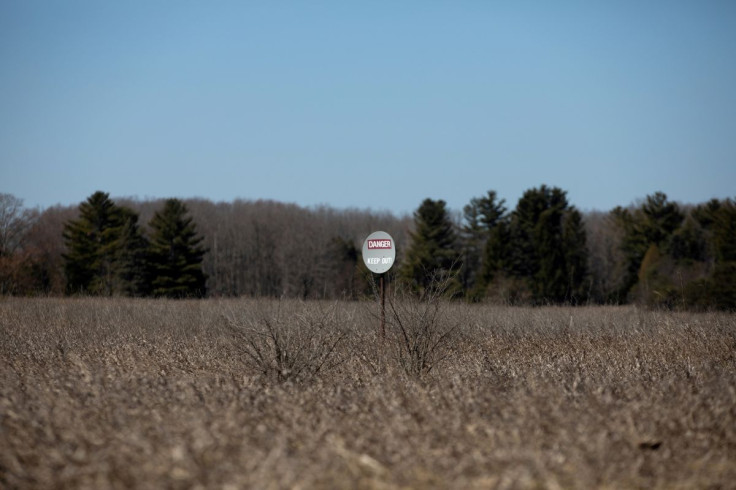U.S. Interior Must Weigh Climate Impacts Of Oil, Gas Leasing -settlement

The Biden administration must thoroughly analyze the climate impacts of oil and gas leasing on nearly 4 million acres (1.6 million hectares) of federal land in five states before drilling can take place, according to legal settlements reached late Wednesday.
The requirement comes after Judge Rudolph Contreras of the U.S. District Court for the District of Columbia denied industry groups' motion to dismiss three previous settlements from lawsuits brought by western U.S. conservation groups against the Interior Department's Bureau of Land Management.
"These settlements represent a fundamental opportunity for the Biden administration to align federal action with this climate reality and to keep its promise to present and future generations," said Kyle Tisdel, senior attorney for the Western Environmental Law Center - one of plaintiffs.
The settlements come six years after groups including WELC and WildEarth Guardians jointly launched lawsuits challenging the sale of millions of acres of public lands for drilling in Colorado, Montana, New Mexico, Utah, and Wyoming.
In March 2019, Contreras blocked the drilling permits and required Interior to conduct a deeper environmental analysis that weighed the greenhouse gas emissions associated with drilling. This week, he upheld the requirement after a challenge by industry groups.
The settlement now puts pressure on the Biden administration to conduct a stringent environmental review of the leases at a time that president has been under heavy criticism from his voter base for backsliding on his campaign trail climate promises, such as ending new oil and gas drilling on federal land.
More than a year into his presidency, President Joe Biden has been grappling with rampant inflation and a war in Europe, prioritizing energy security by unleashing record amounts of crude oil from strategic reserves and urging drillers to pump harder to keep up with demand.
Meanwhile, the multi-billion dollar climate change legislation he championed has died in Congress amid opposition from conservative Democratic Senator Joe Manchin and Republicans.
© Copyright Thomson Reuters 2024. All rights reserved.





















